This month marks a very important anniversary in the struggle against terrorism. On December 30, 2009, al-Qaida scored perhaps its greatest success ever against the Central Intelligence Agency and its Jordanian partner service. A triple agent blew himself up at Forward Operating Base Chapman — a U.S. military base in Khost, Afghanistan — killing seven CIA officers and one Jordanian officer. It was the second-worst day in terms of casualties in the agency’s history, exceeded only by the attack on the U.S. embassy in Beirut in 1983. There is still unfinished business from Khost.
The bomber was a Palestinian whose family had been become refugees in the 1948 Arab-Israeli war, leaving Beersheva and ultimately settling in Kuwait. In 1991, they became refugees again when the Kuwaiti government expelled the Palestinian community after the American-led coalition liberated the country from the Iraqis. Humam Khalil al Balawi grew up in Jordan and then got a medical degree in Istanbul, Turkey, where he married a Turkish woman. Upon returning to Jordan, he took a job in the sprawling Marka refugee camp delivering medical aid to the poor.
Behind the scenes, Balawi had another identity: He was a propagandist for al-Qaida, writing jihadi news and analysis on the internet using the nom de guerre Abu Dujjana al Khorasani. The American intelligence community reportedly gave the Jordanian intelligence service a tip that Balawi was Khorasani. The Americans were concerned that Khorasani was an exceptionally gifted propagandist with a flair for paroting the work of al-Qaida’s number two, another doctor: the Egyptian Ayman al Zawahiri.
In January 2009, the Jordanians arrested Balawi. The chief of the arrest team was a cousin of King Abdullah named Captain Sharif Ali bin Zeid al Oun. At 34, he was a 10-year veteran of Jordan’s General Intelligence Department (GID) who had studied in Boston and worked as an intern for then-U.S. Senator John Kerry. He spoke English with a New England accent and was well-known and liked by his American liaison counterparts.
The GID wanted to turn Balawi into a double agent to penetrate al-Qaida, and Zeid would be his case officer. The ultimate goal was to get an asset inside the leadership of al-Qaida in Pakistan. President Barack Obama made defeating al-Qaida the goal of his Afghanistan-Pakistan policy in April 2009, and the GID was determined to help. The trail for the senior leadership of the terrorists, Zawahiri and Osama bin Laden, was ice cold for the CIA, and it was looking for help.
Balawi convinced the GID that he was the asset they were looking for, and he was dispatched to Pakistan. We don’t know all the details, but the professionals in the GID — one of the very best intelligence services in the world — became convinced of Balawi’s conversion from al-Qaida propagandist to Jordan’s asset. Moreover, he was the best chance any intelligence service in the world had to find the path to bring justice to Zawahiri and maybe bin Laden. Gradually, Balawi began reporting that he was penetrating the core of the Taliban and al-Qaida in Pakistan, trading on his credentials as Khorasani. The Jordanians and Americans were increasingly tempted to believe that they had a reliable double agent in Balawi. A few in the GID had second thoughts, arguing it was all too easy, but Zeid prevailed to continue.
In fact, Zawahiri was using Balawi as a triple agent brilliantly. The Egyptian was using tidbits of information, backed by video clips, to show the Jordanian was inside the jihadi camp. Then in the fall of 2009 came the crown jewel. Balawi reported clandestinely to Zeid, who shared it with the Americans, that he had met directly with Zawahiri, who needed medical attention. He provided a detailed account of Zawahiri’s medical history, which matched up with what the Americans had collected over many years. The bait was set.
Both Washington and Amman were eager to debrief Balawi directly in a secure location. Forward Operating Base Chapman was a logical venue, just over the border from Afghanistan. Balawi played hard-to-get, preferring a meeting in Pakistan, but finally agreeing to Khost. A team of America’s top experts on al-Qaida and Zeid would handle the debrief and hopefully send Balawi back to get Zawahiri targeted.
Instead, tragedy. Zeid was given a hero’s funeral in Jordan, with the king and queen in attendance, but the Jordanian media only said he had died in a “humanitarian operation” with the Jordanian army in Afghanistan for years after his death. The Americans also were given the ultimate CIA decoration, chiseled stars in the marble wall in the headquarters where the agency commemorates its fallen. Joby Warrick, a Washington Post reporter, has brilliantly told their story in his book “The Triple Agent.”
Ten years later, Zawahiri is still at large. He began his deadly career as part of the plot to assassinate Anwar Sadat in 1981. He is perhaps the only 9/11 plotter still in play. He is the ideological emir of the global jihad. He was proven right in his dispute with Abu Bakr al Baghdadi about the viability of the Islamic caliphate, and he outlasted Baghdadi. This September, he delivered al-Qaida’s annual message, promising more terror for Trump’s movement of the U.S. embassy to Jerusalem.
The Trump administration has announced that negotiations with the Taliban are resuming. In the last negotiations, the Taliban allegedly committed to finally renouncing its three-decades-old alliance with al-Qaida. The proof of the seriousness of such a promise would be for the Taliban and their Pakistani patrons to provide tangible help to bring Zawahiri to justice.
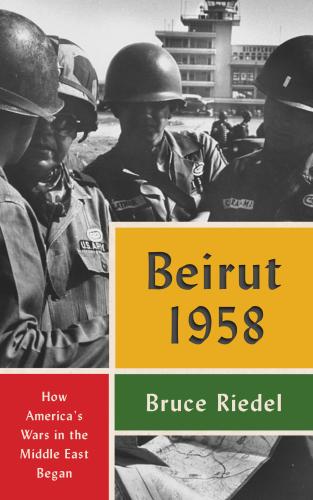
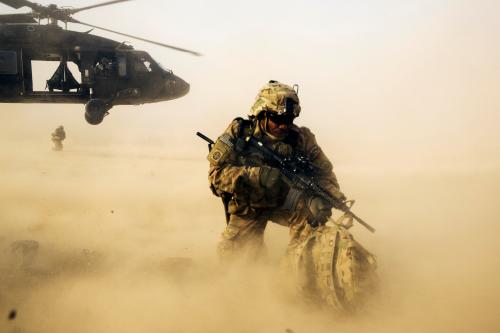
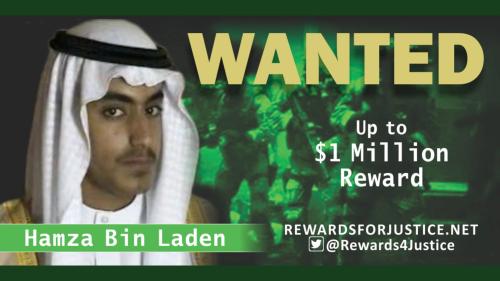

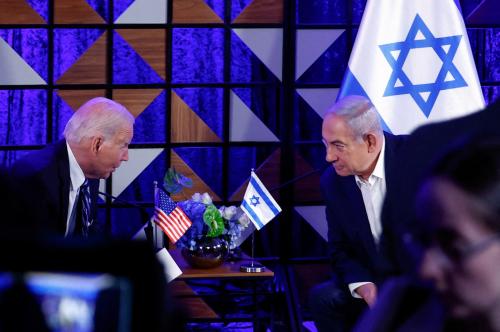

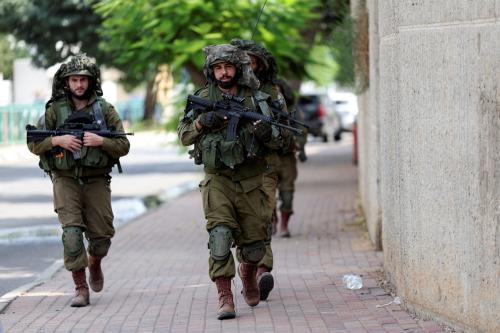
Commentary
The remarkable case of the triple agent and the bombing in Khost, Afghanistan
10 years later
December 6, 2019